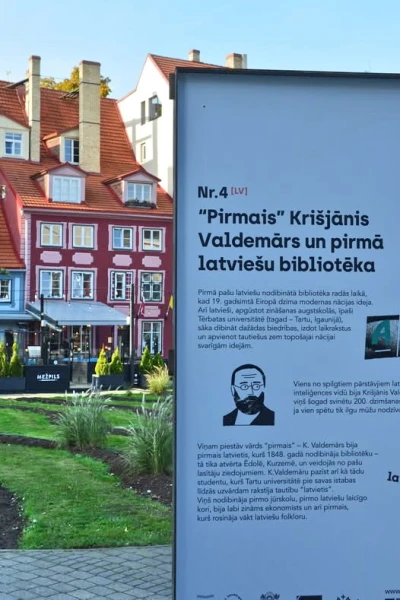
Just think – all this was on the agenda of one working day of the Saeima.
Namely: the Cabinet of Ministers' report on the work done and planned for the preservation, protection, development, and increase of the influence of the state language; amendments to the Administrative Offenses Law in the areas of governance, public order, and the use of the state language (the proposal from "New Unity" – to raise fines to 2000 euros); a draft parliamentary Resolution on the obligation of state institutions and local governments to use the state language (proposers – "National Alliance").
"The State Language of Russia is Used"
11 patriotic deputies pointed out that "this reprehensible practice still exists in budget enterprises and organizations. This situation is unacceptable and contradicts not only Article 4 of the Satversme but also the Law on the State Language, the Law on Local Governments, and the Law on the Procedure of State Administration."
Moreover, there is a blatant communication "both in the mutual communication of employees and during the performance of work duties, and in the provision of services to the residents of Latvia."
"The legislator emphasizes, – they write about themselves in the third person, – that the use of a foreign language simultaneously allows for the non-use of the foreign language, thereby reducing the role of the Latvian language and diminishing its official status."
And how to get rid of all this legacy, and "de facto ensure the status of the Latvian language as the only state language in the public sector and society as a whole"?
Here, the parliamentarians weaken: they do not propose any legal instruments, but only call to "entrust the Prime Minister Evika Silina to ensure the adoption of necessary decisions and the enforcement of laws, so that the state language would be the language in the working environment of state institutions and local governments, when providing services and communicating with the residents of Latvia."
But what if Silina cannot handle it? Should she be fired?
"The Language of Discourse of a Unified Democratic Society"
So intricately characterized the state Latvian language in the Saeima a prominent expert, the current Minister of Education and Science and former Minister of Culture Dace Melbarde ("New Unity").
And Ms. Melbarde decided to start, so to speak, from Adam. That is, from the times of the USSR, which, by the way, ended about 35 years ago:
– The policy of the Soviet occupation regime was aimed at breaking the identity and state will of the Latvian nation; a significant role in this was played by the weakening of the positions of the Latvian language, forced Russification, and the promotion of the dominant status of the Russian language. As a result of this policy, the knowledge and use of the Latvian language significantly decreased. The use of languages became a relevant issue also due to migration stimulated by the occupying authorities.
The issue of communication was resolved through forced Russification, imposing it in state institutions. In the field of education and science, there was also forced Russification: special attention was paid to the study and use of the Russian language. Thus, for a long time, the Russian language occupied a privileged position, and its spread rapidly increased.
Now, of course, times are different. And, as the minister acknowledged, experts are sounding the alarm regarding other challenges: – Professor Ina Druviete concluded that the pronounced positive linguistic attitude towards the use of the English language brings English and Latvian closer in the linguistic hierarchy. However, considering the collective ethnolinguistic vitality of the Russian language, it remains a much stronger existential competitor for Latvian than English.
And you cannot argue: in Russian, one can express oneself so vitally that all the aforementioned scholarly verbosity will immediately fall away.
The Speaker Adds a Note of Dissent
Meanwhile, the Speaker of the Parliament added, so to speak, a spoonful of tar to the debates. Daiga Mierina from the "Union of Greens and Farmers," judging by the tone, decided to address the Russian-speaking audience:
– Let’s not be naive, thinking that in the case of an attack, the aggressor will consider what language we speak. The concept of national security... provides that by 2026, Latvian public media will transition to a unified content in the state language, preventing the existence of a two-community society and contributing to the internal security of the country. In our already polarized society, language has also become a weapon that divides rather than unites. Instead of finding solutions to promote the use of the Latvian language at all levels, we are making decisions about punishment mechanisms. This only confirms that we ourselves doubt the viability of the Latvian language. And in these conditions, it plays against us.
Ilze Indrikson from the "National Alliance" even provided a plan:
– "The National Alliance" believes that everyone working in the customer service sector should have a certain level of proficiency in the state language, and the State Language Center should have both the right and the ability to monitor this.
What needs to be done next: first – return to the declaration. This is an opportunity to ensure that the Latvian language is NOT ONE OF the languages in Latvia, but the only state language.
Second: the Cabinet of Ministers must develop an action program with specific steps to strengthen the state language. Today, too much is being analyzed, but too little is being done. Third: the State Language Center and supervisory institutions should not be mere observers but active players. And, of course, each of us should be a guardian of the Latvian language. If the language does not live in laws – and the language does not live in laws! – it lives in people and in the daily choices of each of us.
Golden words! By the way, previously Ms. Indrikson was the Minister of Economics of Latvia. Perhaps, by the way, she should be entrusted with the field of demographics – after all, she is a mother of 4 children? Everyone should engage in their favorite work.

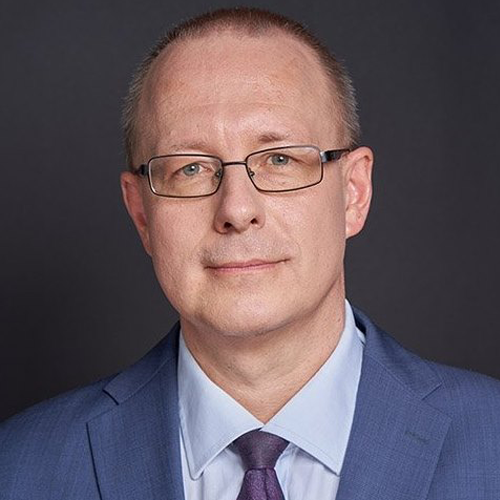
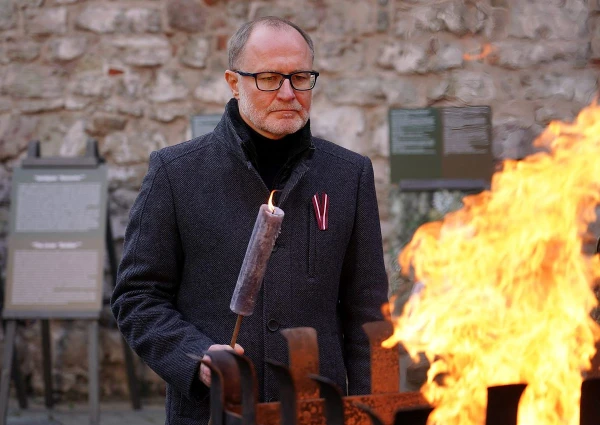

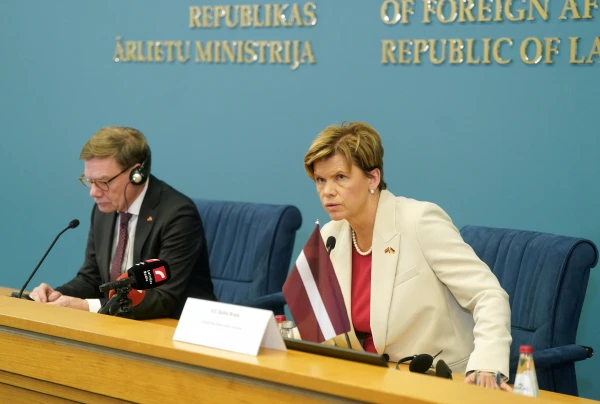

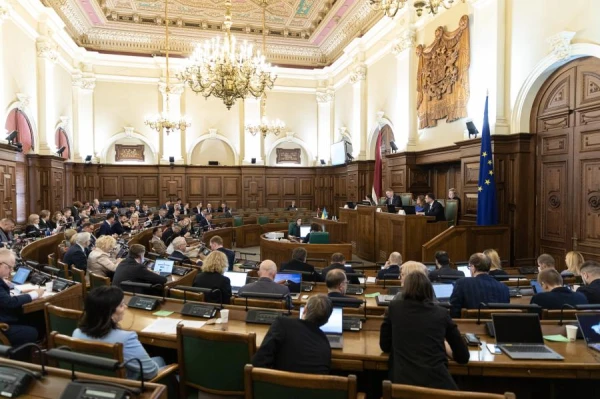
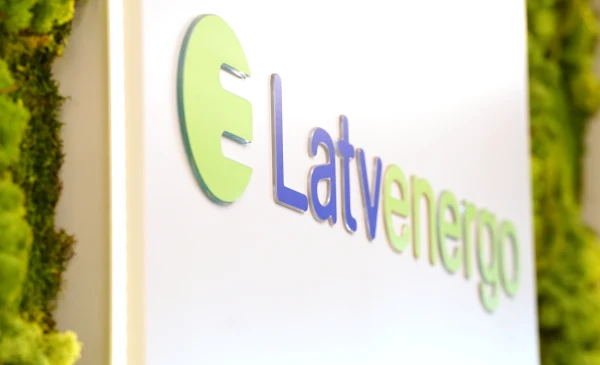

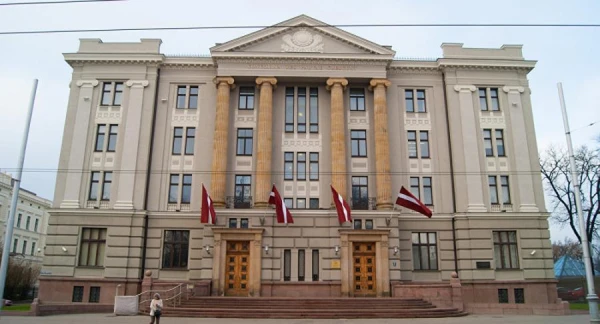
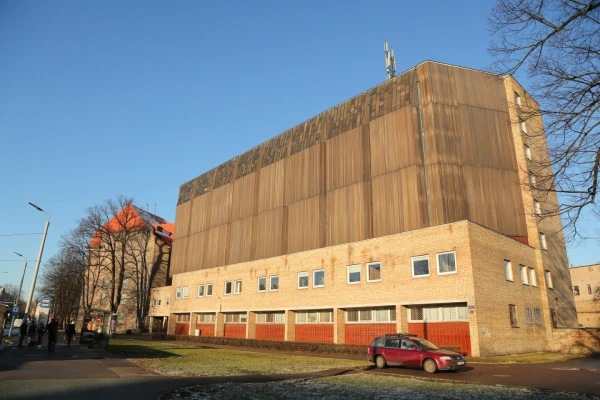



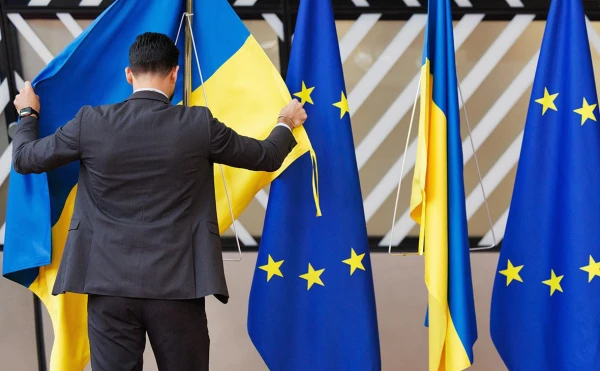
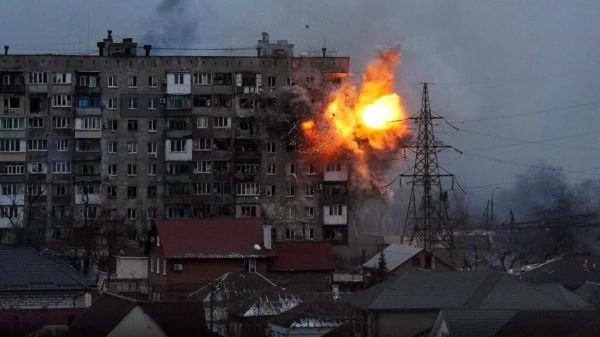
Leave a comment